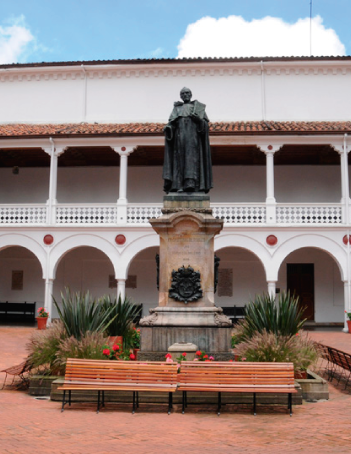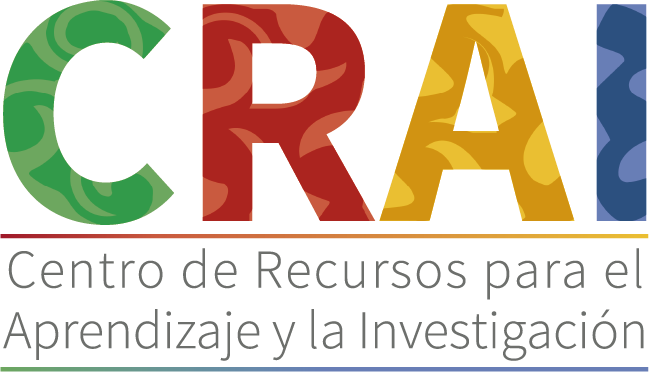Introduction : war times and forms of life -- Belatedness : vision, writing, and the labor of time -- Chronotope 1 : prefiguring shifting alliances-the sobel -- War time rumors : Red Cross as rebel cross and other figures of the collective imagination -- Chronotope 2 : numbers, examples, and exceptions -- Hunters, warriors, and their technologies -- Sitting on land : the political and symbolic economy of chieftancy in contemporary Sierra Leone -- Refugees and diasporic publics : the territorial state reconfigured -- Child soldiers and contested imaginary of community in post-conflict Sierra Leone -- Forced marriage and sexual enslavement : debating consent, custom, and law at the special court for Sierra Leone -- Inscriptions on the wall : Chinese material traces in Sierra Leone -- Conclusion : surviving and moving on-ephemeral returns.
"Out of War draws on author Mariane C. Ferme's three decades of ethnographic engagements to examine the after-effects of the harms of a civil war, the legacy of which is experienced in both physical and psychological ways. Ferme examines the relationship among violence, temporality, trauma, and forms of knowledge. She also puts an emphasis on "war times"--The different qualities of temporality. She considers the persistence of pre-colonial and colonial figures of sovereignty re-elaborated in the context of war, and the circulation of rumors and neologisms that freeze in time as collective anxieties (or "chronotopes"). Above and beyond the expected traumas of war, Ferme explores the breaks in the intergenerational transmission of techniques of farming and hunting knowledge, and the lethal effects of remembering experienced traumas and of forgetting local knowledge. In the context of massive population displacements and humanitarian interventions, this ethnography traces strategies of survival and material dwelling, and the juridical creation of new figures of victimhood, where colonial and postcolonial legacies are reinscribed in neoliberal projects of decentralization and individuation"--Provided by publisher.

Escuela de administración
Facultad de Jurisprudencia
Facultad de Ciencias
Escuela de Ciencias
Escuela de Medicina
Facultad de Economía
Facultad de Estudios
Facultad de Creación
Escuela de Ingeniería,
Otras Ofertas
 Historia y símbolos
Historia y símbolos
 Enfoque estratégico
Enfoque estratégico
 Gobierno universitario
Gobierno universitario
 Playbok - Nuestros pilares de transformación
Playbok - Nuestros pilares de transformación
 Protocolo de seguridad
Protocolo de seguridad
 Archivo histórico
Archivo histórico
 Portafolio de becas, descuentos y apoyo financiero
Portafolio de becas, descuentos y apoyo financiero
 Casa UR
Casa UR






 Proyección social
Proyección social Filantropía
Filantropía Hagámoslo posible
Hagámoslo posible

 Libro
Libro







